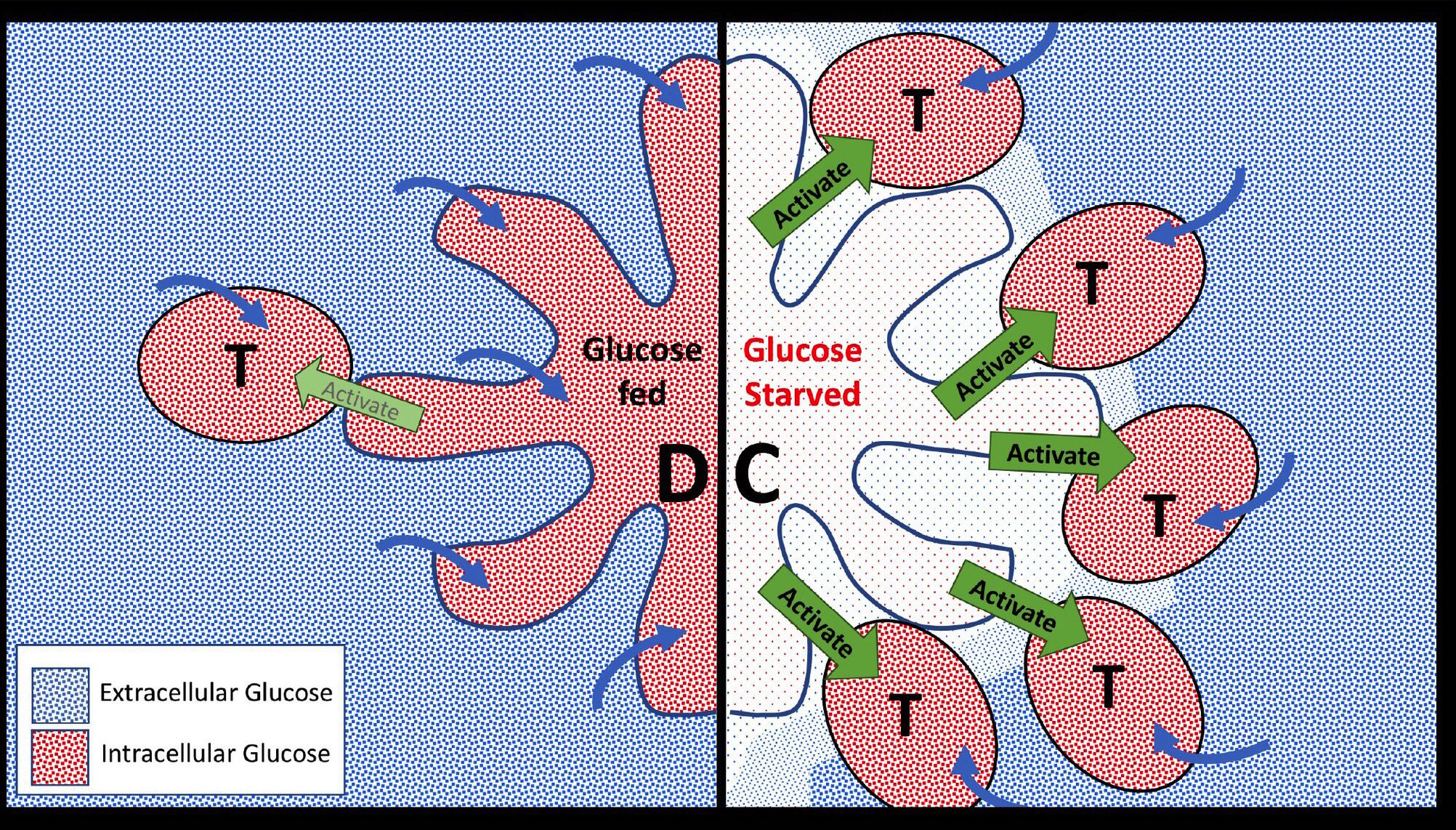Researchers at Trinity have discovered that glucose may play a key role in fighting cancer.
Glucose is a sugar which is vital for energy and cell growth. When responding to infections, the immune system becomes active and uses high amounts of glucose. Typically when immune cells are starved of glucose, they become debilitated, such as within tumours.
The team lead by Assistant Professor in Cancer Biology, David Finlay, showed that when dendritic cells are deprived of glucose, the cells become more efficient at stimulating an immune response.
Dendritic cells act as messengers which transport antigens, or foreign material in the body, to T lymphocytes (T-cells) in the immune system. T-cells are a type of white blood cell which can eliminate cancers.
In a press release, Dr Finlay said: “It is becoming clear that glucose is an important signaller in our immune system, in that cells that have access to glucose behave very differently to those that do not. We have discovered that dendritic cells are actually better at stimulating immune responses when starved of glucose, which is not the case for any of the other immune cells that have been analysed.”
“The discovery that T cells and dendritic cells compete with each other for glucose offers a new and exciting insight into how glucose can regulate dendritic cell function. We hope that by better understanding how nutrients such as glucose control the immune response, we can go on to develop new therapies to tackle a host of debilitating immune-related diseases.”
The research was published in the academic journal ‘Nature Communications’.







